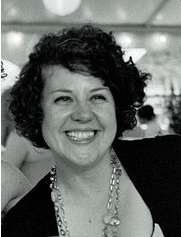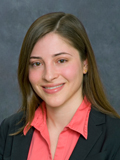This is an exciting week for Penn students with interest in sustainability and the environment!
First, on Wednesday February 27th, we’ll have several distinguished graduates presenting as part of the “Careers in Cleantech” alumni panel, open to all UPenn students with an interest in sustainability and related career paths – click for more details on the panelists and to reserve your seat!
Wondering what is “Cleantech”? Cleantech covers fields as diverse as materials, biofuels, energy, recycling, transportation, water, nuclear, solar, and wind, among others, and roles within Cleantech organizations range from business to technical. The term itself refers to new technology and related business models that offer competitive returns for investors and customers while providing solutions to global challenges.
Second, on Friday March 1st, Penn will once again be partnering to bring you the All Ivy Environmental & Sustainable Career Fair! Now in its 10th year, this fair is the premier event through which Ivy League students and graduates can meet with representatives from organizations in the private, non-profit and public sectors across a multitude of industries focused in sustainability and the environment. A sampling of represented organizations includes but is certainly not limited to:
- Anchor QEA
- Arcadis
- CleanEdison
- Department of Environmental Protection
- ENVIRON International
- L’Oreal
- MTA NYC Transit
- Peace Corps
- Sefaira
- Terra Cycle
- Tetra Tech
- United Wind
- and more!
For full details on all organizations as well as several related educational programs that will be represented at the All Ivy Environmental and Sustainable Career Fair please visit http://allivyfair.ei.columbia.edu/
Lastly, candidates interested in researching careers in this space and others would be very well served to check out the multitude of resources offered not only through the Career Services Resources-by-Field-website, but also the Lippincott Library’s Research Guides – with access to highly relevant and valuable information (like the expansive Cleantech site, a comprehensive resource for alternative energies including research reports, companies, investors and more, under the “Energy” Research Guide) as well as info on other industries and career areas.




